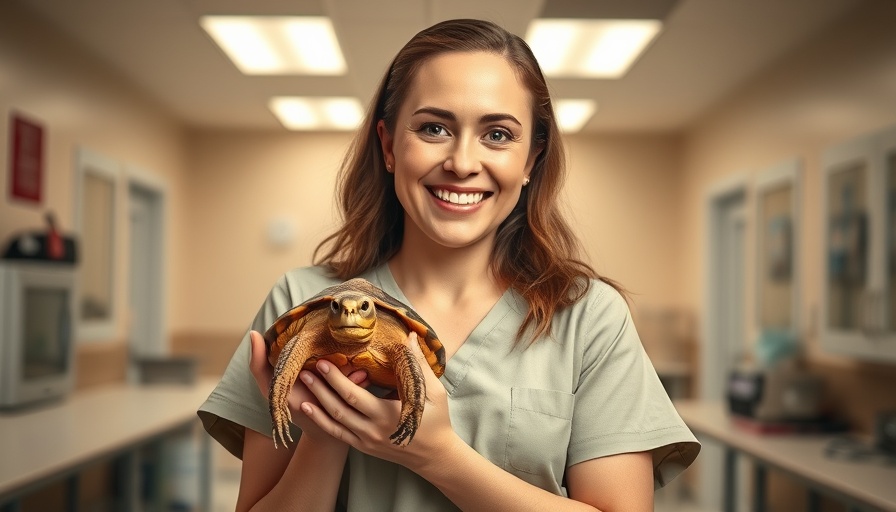
Understanding the Unique Needs of Exotic Pets
As veterinary professionals increasingly encounter exotic pets in their practices, understanding the specific requirements of these animals becomes crucial. Unlike traditional pets, exotic animals often present unique behavioral and physiological traits that require specialized care. This growing interest amongst students in exotic veterinary care highlights the importance of adapting standard veterinary practices to accommodate these diverse species.
Building a Knowledge Base for Effective Handling
According to experts like Madonna Livingston, gaining expertise in exotic pet care often depends on self-education and hands-on experience. Many vets start with limited formal training in exotic animal care but can enhance their skills through extensive reading and practical experience. Utilizing species-specific textbooks and participating in workshops can equip veterinary professionals with the knowledge necessary to effectively handle these creatures.
Adapting Veterinary Practices for Exotic Species
With the steady increase in exotic pet ownership, veterinarians must adapt their operational strategies to create a welcoming environment for these animals. This can include restructuring clinic layouts to accommodate species-specific housing and equipment. Engaging in public education about exotic pet ownership is another effective way to attract more clients seeking specialized care.
Fostering the Human-Animal Bond Across Species
The human-animal bond is clearly not constrained to familiar domesticated pets. Understanding this connection can truly enhance patient care. The need for a compassionate approach regarding how exotic pets interact with their owners is paramount. By recognizing the emotional and psychological aspects of exotic pet ownership, veterinary clinics can provide specialized services that meet both animal welfare and client satisfaction.
Future Trends in Exotic Pet Care
As societal interest in exotic pets continues to rise, the veterinary field can expect further developments, such as advanced training programs in exotic animal care becoming more widely available. Clinics that can adapt to these evolving trends will not only enhance their service offerings but also expand their clientele.
Veterinary professionals must prepare for a future where the presence of exotic pets in households is even more common. With proactive education, tailored care, and a focus on the human-animal bond, practices can position themselves as leaders in this emerging field.
 Add Row
Add Row  Add
Add 

 Add Row
Add Row  Add Element
Add Element 




Write A Comment